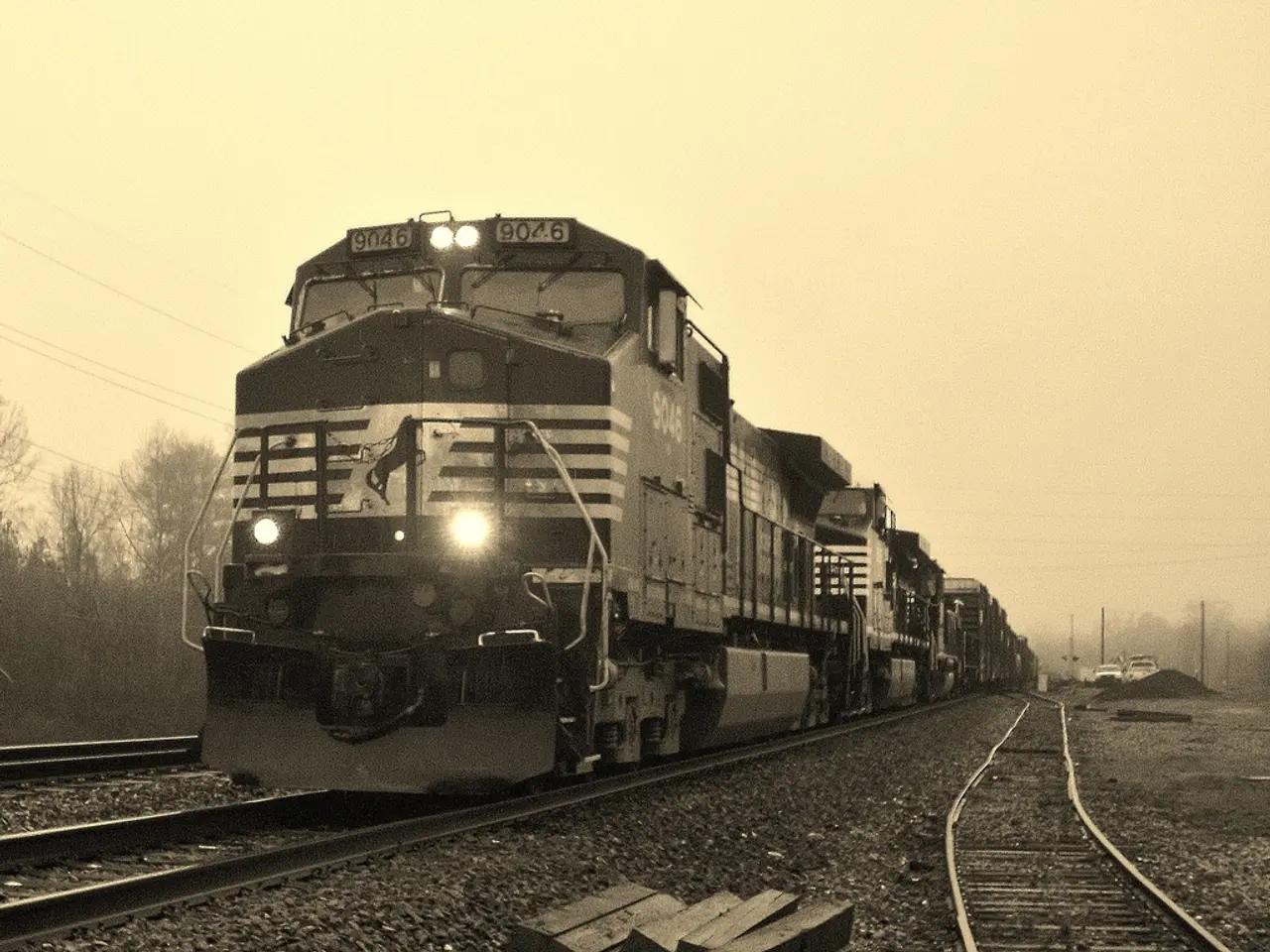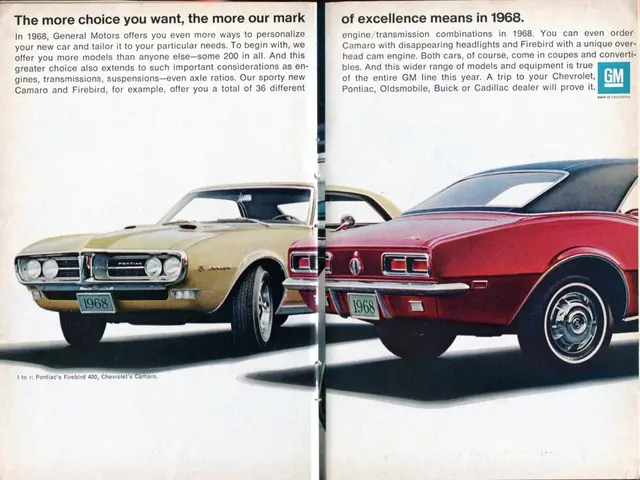Russia's Simonov: 'New Energy' Needed for Global Balance
Konstantin Simonov, director of the National Energy Security Fund, addressed the 18th Verona Eurasian Economic Forum in Istanbul. Themed 'New Energy for New Economic Realities', the forum explored shifts in global energy dynamics. Simonov highlighted Russia's role in these changes.
Simonov began by acknowledging the stability of Russian crude exports, which he said instills confidence in the global south's economic projects. He noted a significant shift in Russia's oil export routes, with increased exports to China, India, and Turkey. By 2025, India and China are projected to be the largest recipients of Russian oil exports, with India importing an average of 1.9 million barrels per day.
Simonov criticized the EU for cancelling contracts and disregarding the principle of 'Pacta sunt servanda'. He argued that the global south should control its own energy future, with Russia as a reliable partner. He also pointed out that the global west underestimated China's industrial potential and discriminated against gas and nuclear energy.
Simonov framed Russian gas as an 'energy weapon' and questioned the EU's climate impact calculations. He accused the EU of destabilizing global energy rules through unjustified sanctions and 'energy snobbery', which he described as a single vision of the future based on self-interest.
Simonov's speech at the forum underscored Russia's growing influence in global energy markets, particularly in the global south. He called for a more balanced approach to energy policy, one that respects contracts and recognizes the diverse energy needs of different regions.
Read also:
- American teenagers taking up farming roles previously filled by immigrants, a concept revisited from 1965's labor market shift.
- Weekly affairs in the German Federal Parliament (Bundestag)
- Landslide claims seven lives, injures six individuals while they work to restore a water channel in the northern region of Pakistan
- Escalating conflict in Sudan has prompted the United Nations to announce a critical gender crisis, highlighting the disproportionate impact of the ongoing violence on women and girls.






